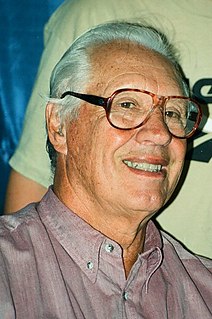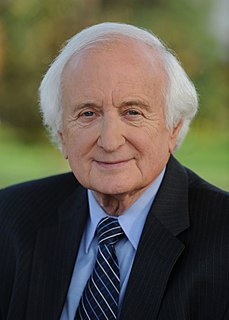A Quote by Mohammad Marandi
Post World War II America draws a great deal of interest, but the students also seem to know quite a bit about American exceptionalism and its historical roots.
Related Quotes
History of America, Part I (1776-1966): Declaration of Independence, Constitutional Convention, Louisiana Purchase, Civil War, Reconstruction, World War I, Great Depression, New Deal, World War II, TV, Cold war, civil-rights movement, Vietnam. History of America, Part II (1967-present): the Super Bowl era. The Super Bowl has become Main Street’s Mardi Gras.
Beyond institutional amnesia, a rejection of causal analysis is the existential rock on which American Exceptionalism sits. The United States unique sense of itself depends on an ambiguous relationship to the past. History is affirmed, since it is America's unprecedented historical success that justifies the exceptionalism.
Many of the principle weapons that the Nazis used during World War II had their first trial in combat in Spain - the Messerschmitt 109 fighter plane for example, the Stuka dive bomber, the 88 millimeter artillery piece, which could be used both for antiaircraft purposes and also shelling on the ground. And American soldiers were the victims of these things in Spain, American volunteers. So this war was really a testing ground for Hitler. And he learned a great deal from it about the strengths and weaknesses of these different weapons.
There is a myth that the New Deal programs on their own pulled the US out of the Great Depression and created the conditions for the economic boom after World War II. As an economist, I can tell you, that is not true. In reality, it was mainly World War II that launched the boom - the massive war mobilization, the horrifying destruction and death caused by it, and then the reconstruction in its aftermath. he US was the only advanced capitalist country that was not bombed during the war.
American patriotism is now jingoism. American Greatness is made fun of. The concept of "Make America Great Again" or American exceptionalism is lampooned. It is impugned. It is attacked. The effort to globalize our society and make us feel, as many of us as possible, that there's nothing special about being an American, that we ought to think of ourselves as citizens of the world, and in that context America is a problem because we have too much, we've done too much, we owe too much, blah, blah, blah, blah, blah.
































